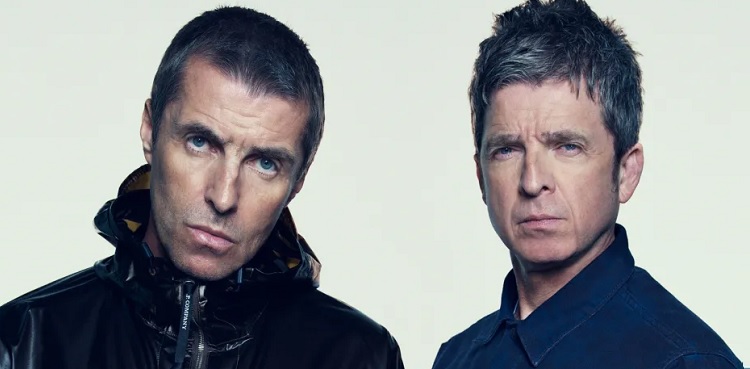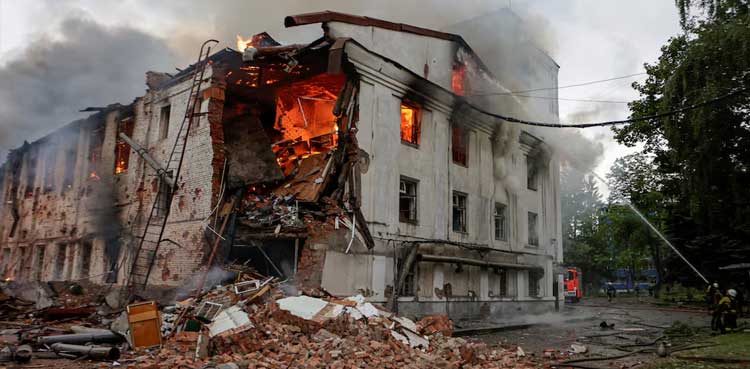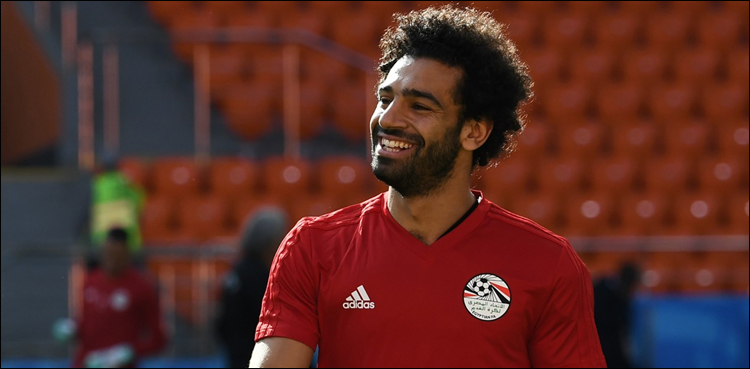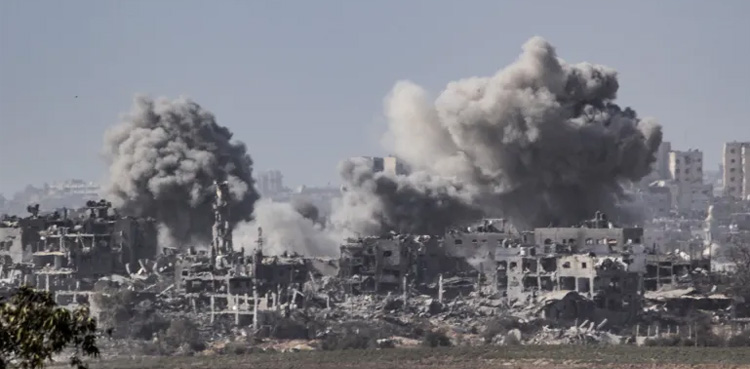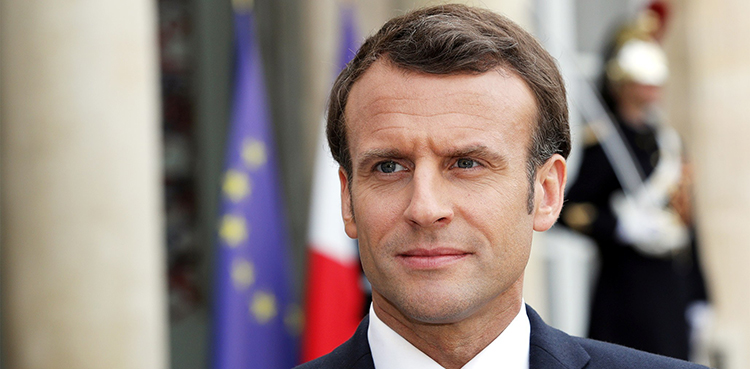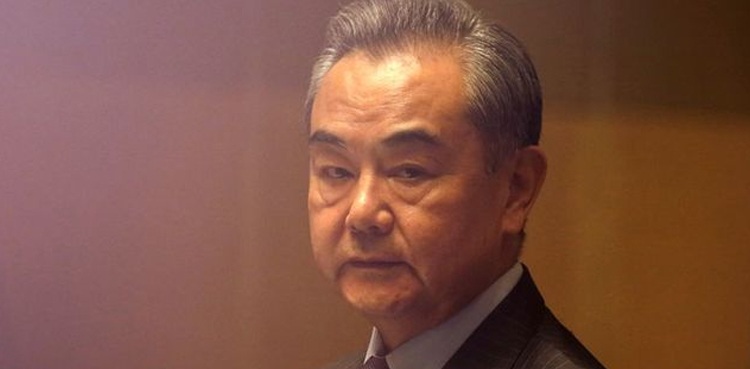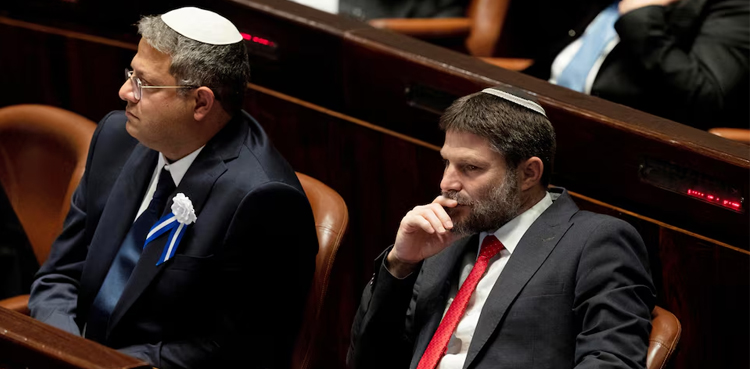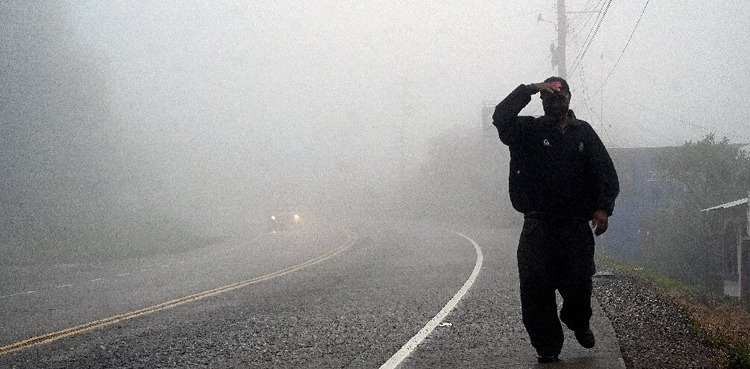Oasis songwriter Noel Gallagher has described performing again with his brother Liam as ‘great’, confounding sceptics who feared a fresh sibling bust-up could scupper their reunion tour.
Noel Gallagher piled praise on his brother Liam, calling him ‘amazing’ and adding that he had forgotten how ‘funny’ he was.
“Liam’s smashing it. I’m proud of him,” he told talkSPORT radio in an interview Tuesday, almost halfway through their 41-date comeback tour.
Lifestyle News – Latest Entertainment News, Celebrity Gossip
The famously warring brothers had last played together in Paris in 2009 when tensions boiled over into a backstage brawl in which Liam broke one of Noel’s guitars.
Noel quit the band, saying he ‘simply could not go on working with Liam a day longer’.
Sixteen years on, Noel said he had been ‘completely blown away’ by playing together again.
“I’ve done stadiums before and all that, but I don’t mind telling you, my legs had turned to jelly after about halfway through the second song,” he said of their opening night in Cardiff on July 4.
“It’s been an amazing thing. Really, is an amazing thing. It’s difficult to put into words, actually,” he said.
The group has already played in Cardiff, Manchester, London, Edinburgh and Dublin.
Formed in Manchester, northwest England, in 1991, Oasis is credited with helping create the Britpop era of that decade with hit songs including ‘Wonderwall’, ‘Don’t Look Back In Anger’ and ‘Champagne Supernova’.
Also Read: Man dies at Oasis concert
‘Forgot how funny he was’
Noel added that he was in awe of his brother’s on-stage performance.
“I couldn’t do the stadium thing like he does it, it’s not in my nature. But I’ve got to say, I kind of look and I think, ‘Good for you mate.’ He’s been amazing,” he said.
“I guess when it’s all said and done, we will sit and reflect on it, but it’s great being back in the band with Liam, I forgot how funny he was,” he added.
The band heads to North America later this week before returning to the UK for more London dates in September.
The international leg of the tour, which wraps up on November 23 in Sao Paulo, includes dates in Chicago, Mexico City, Tokyo, Sydney and Buenos Aires.
